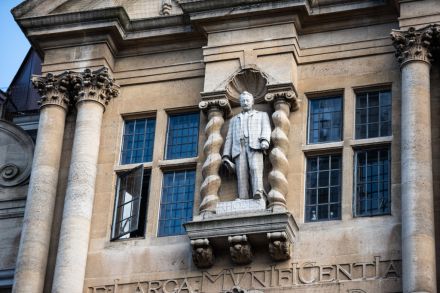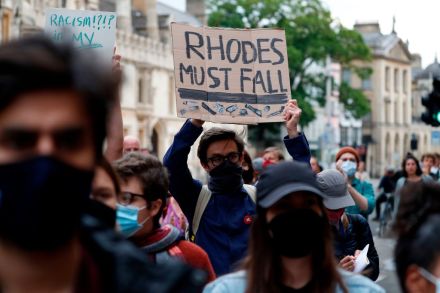The shallowness of the Oxford dons’ Rhodes protest
Rhodes must fall. At least, that’s the conclusion of 150 Oxford dons who have joined a boycott of Oriel college over its decision to keep its Cecil Rhodes statue in place. The protest may have made national headlines but who does it really serve? Certainly not the students at Oriel who will feel the brunt of the impact: the rebel dons say they will refuse to give tutorials to Oriel undergraduate students and will not assist the college with its outreach work, including interviewing undergraduates. In short, their chosen form of protest costs them nothing and punishes students who largely support the removal of the statue anyway. The dons’ chosen form




